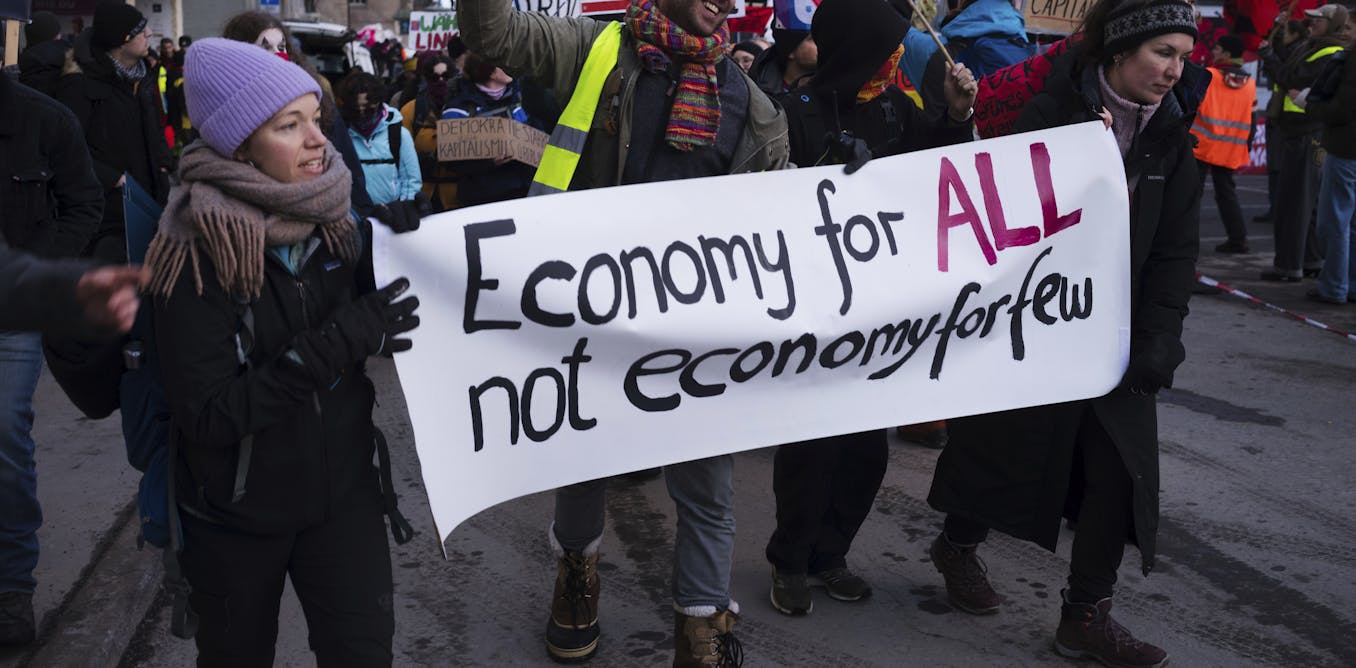
"Across cultures, people often wrestle with whether having lots of money is a blessing, a burden or a moral problem. According to our new research, how someone views billionaires isn't just about economics. Judgment also hinges on certain cultural and moral instincts, which helps explain why opinions about wealth are so polarized. The study, which my colleague Mohammad Atari and I published in the research journal PNAS Nexus in June 2025, examined survey data from more than 4,300 people across 20 countries."
"Beyond economics, we found that judgments about excessive wealth are also shaped by deeper moral intuitions. Our study drew on moral foundations theory, which proposes that people's sense of right and wrong is built on six core values - care, equality, proportionality, loyalty, authority and purity. We found that people who highly value equality and purity were more likely to see excessive wealth as wrong."
Survey responses from more than 4,300 people across 20 countries show that most people do not strongly condemn having "too much money," but cultural differences are pronounced. Respondents in wealthy, economically equal countries such as Switzerland and Belgium were more likely to judge excessive wealth as immoral, while respondents in poorer, more unequal countries such as Peru and Nigeria tended to find wealth accumulation acceptable. Moral values influenced judgments: high valuation of equality and of purity predicted negative views of excessive wealth. The association of purity with anti-wealth attitudes links sanctity-related concerns to economic critique.
Read at The Conversation
Unable to calculate read time
Collection
[
|
...
]